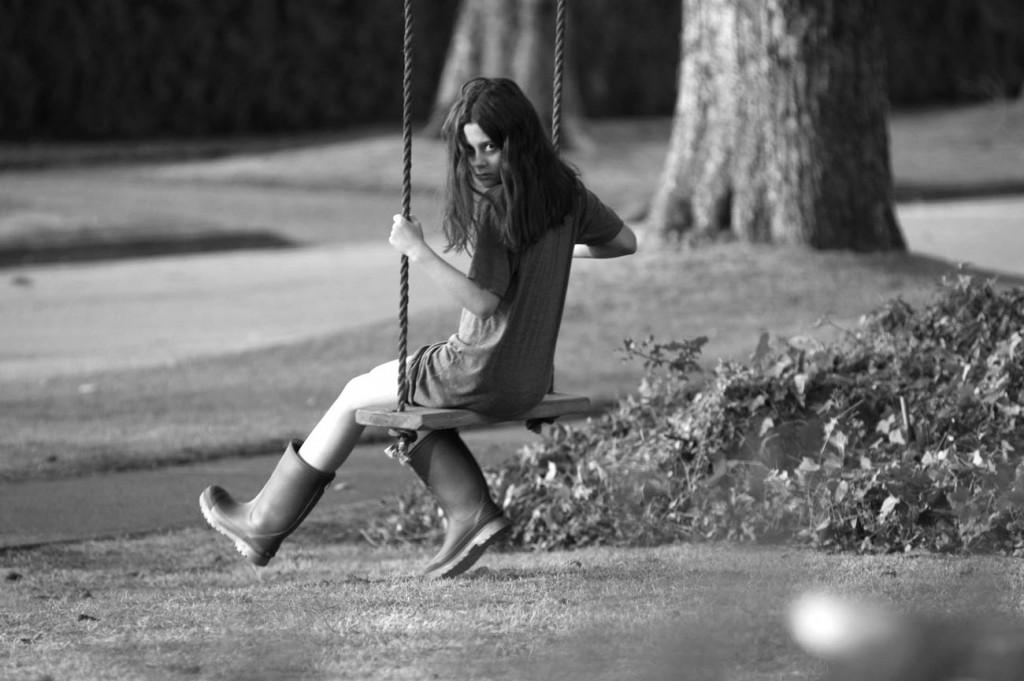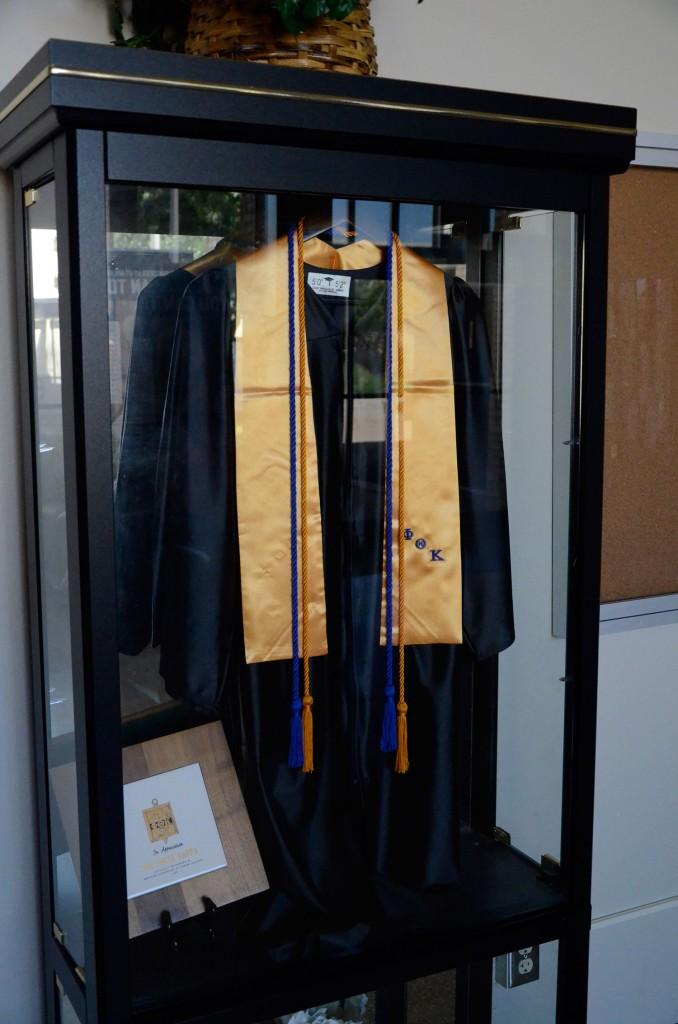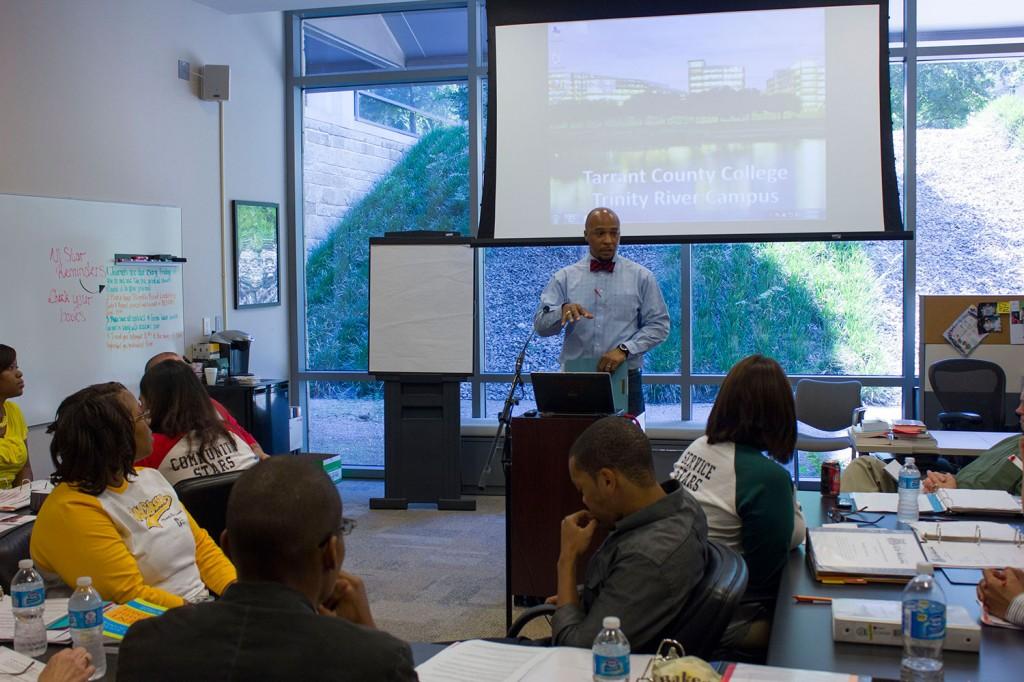By Shirlett Warren/editor-in-chief
When I was a little girl, it was a custom in my family to watch the 10 o’clock news and then go to bed. I stayed up mostly to watch the weather.
Sometime between graduating from high school and having children, I realized sitting through reports about murders, rapes and robberies before finding out if I needed an umbrella the next day was a source of stress.
So one night, I simply stopped watching. My bedtime brain was no longer cluttered with frightening mugshot images or random fears of being victimized in a grocery store parking lot.
It was actually quite liberating. I rested more peacefully at night and found other ways to keep informed with major news (and weather).
Then, on Sept. 11, 2001, nearly 3,000 people were killed as a result of a terrorist attack on our nation. The tragedy went beyond bedtime intrusion. It affected the day-to-day assurance of security for most Americans. The thought of waking up one day and being a bombing victim or losing a loved one to a mass act of violence became obtrusive to me. While the innocence of my bedtime brain was not lost beyond recovery, it became hypervigilant for a season.
While acts of terror are still disturbing today, they have taken on a high-speed, “trending now” effect. Instead of years going by, it seems like the instability of a massive killing spree is happening almost every week.
Just within the past two months, mass shootings occurred in Aurora, Colo., at a movie theater; in College Station, Texas, near a major university; and near Milwaukee, at a Sikh temple. In New York City, innocent bystanders suffered gunshot wounds from police who were shooting at a man who fatally shot his former co-worker near the Empire State Building. And while most students were figuring out their class schedules two weeks ago, a 15-year old in Baltimore, started his school year shooting up his high school cafeteria.
I can’t waste another moment being stressed or intimidated. As much as I’d like to turn off my television or my computer, doing so isn’t going to stop the maddening overload of violence.
But I can replace thoughts of fear and uncertainty with ones of gratefulness and compassion. After all, I’m still here to enjoy the weather reports that come after the news.




























